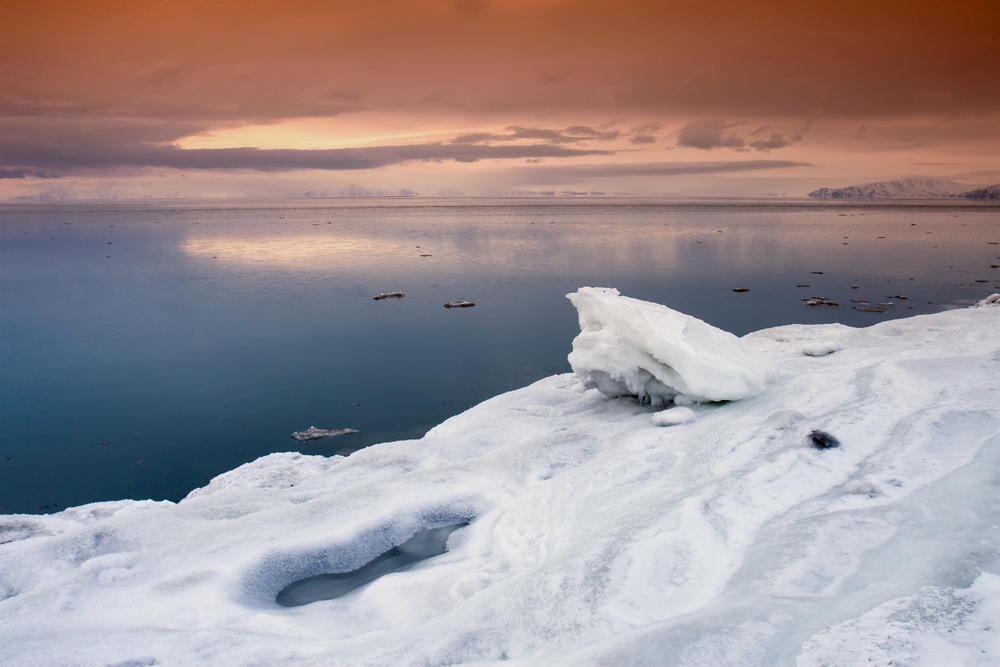[youtube https://www.youtube.com/watch?feature=player_embedded&v=NDWGWziXGDI]
Scientists announced Friday that Arctic sea ice has officially reached its minimum extent for the summer, shrinking to 5.1 million square kilometers. That’s significantly higher than last year’s record low of just over 3.4 million square kilometers, a fact that has led conservative news outlets and even members of Congress to suggest that worries about global warming and melting ice are overstated.
But as astronomer and Slate writer Phil Plait explains in this video, these claims are “incredibly misleading.”
“You can’t look year-to-year, that’s not the right way to do this,” says Plait. “The right way to do this is to look over a long period of time. And when you do that, you see that the minimum extent of sea ice in the Arctic is decreasing over time … the trend is definitely downward.”
According to the National Snow and Ice Data Center, which tracks the ice melt, this year’s minimum extent was the sixth lowest in the 35-year satellite record. “The pattern we’ve seen so far is an overall downward trend in summer ice extent, punctuated by ups and downs due to natural variability in weather patterns and ocean conditions,” said NSIDC director Mark Serreze in a press release. “We could be looking at summers with essentially no sea ice on the Arctic Ocean only a few decades from now.”
Or, as Plait puts it: “We’re below average. It’s getting worse over time. The cause is global warming. And the cause of that is us.”
 This story was produced by Mother Jones as part of the Climate Desk collaboration.
This story was produced by Mother Jones as part of the Climate Desk collaboration.



